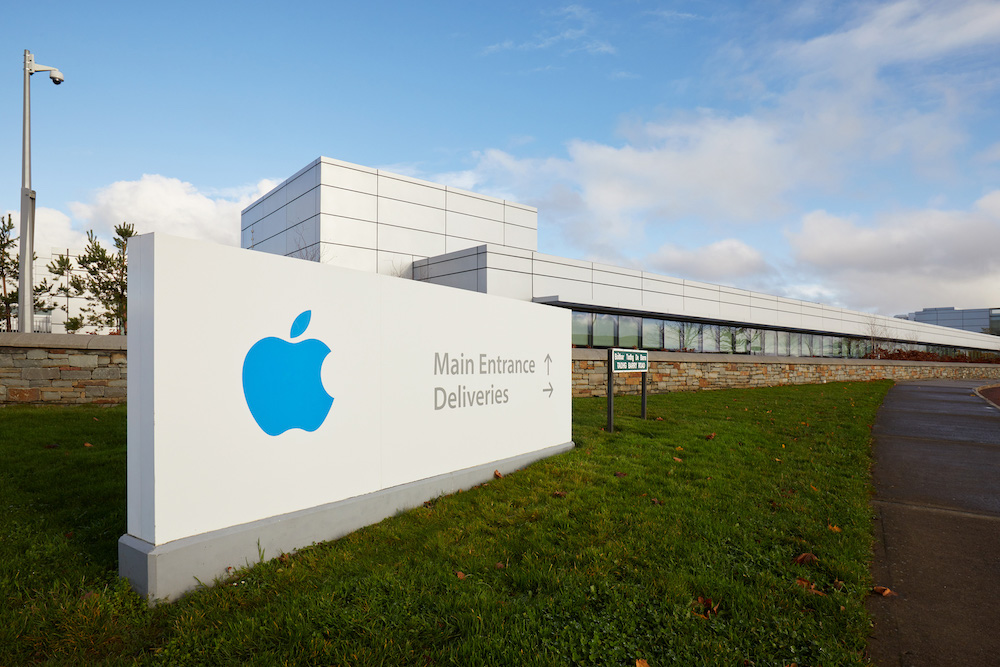Apple’s supply chain and the national interest

Apple has been in Ireland for decades
Ireland’s economy could be “wiped out” if major tech industry employers like Apple or Microsoft leave the country, Ireland’s new economic adviser, Stephen Kinsella warned recently.
It’s a clear illustration that while the benefits of Big Tech are great, the power of the industry is threat. These multi-billion dollar firms hold extreme power.
The transformation of the matrix
In India we find a second illustration of this reality. Apple and its partners are working incredibly hard to build up the Apple-related manufacturing industry there.
They are doing pretty well at this.
Apple right now has become India’s fastest-growing manufacturer in 50-years. In just three years the value of Apple’s manufacturing base in India has crossed $20 billion. Around 14% of the global production of iPhones now comes from India, and this is expected to break 20% before the end of this year.
This growing business brings jobs and prosperity to India, and while the company faces similar regulatory scrutiny there as it is everywhere else, there’s very little doubt that the value of what Apple is bringing to the nation gives it enormous clout. India knows full well that as Big Tech exits some markets it makes a good business for those willing to host their business elsewhere.
Fuelling flexibility
India is not the only elsewhere. Vietnam is another rising power in the Apple manufacturing chain. Most recently, adhesives manufacturer, 3M, recently launched its Science and Technology Center in Hanoi for R&D.
The company is a major supplier for Apple, and the introduction of the new center reflects the extent to which Apple’s supply chain is now exploring new markets.
Governments welcome such moves. Deputy Minister of Planning and Investment Nguyen Thi Bich Ngoc called it “a testament to 3M’s confidence in Vietnam’s business and investment environment.”
In the background it’s important too to consider how business is faring for Apple’s biggest partners.
You might think, for example, that the cost of investing in plant might impact Foxconn (world’s biggest iPhone maker) bottom line? Perhaps it has, but it still saw a 6% increase in profit, particularly driven by AI server manufacturing. (I can’t help but wonder if some of that increase may be on strength of Apple’s iCloud compute investments).
But Foxconn’s argument pretty much echoes Apple’s.
Resilience to change
Essentially as each new production hub comes on stream, these big tech players are investing in future flexibility. The hubs inevitably nurture employee skills, boost local economies and give the companies a seat at some of the important local tables.
Foxconn CEO, David Huan put it this way. With 205 such hubs across 24 countries, his company, “Has the flexibility to adjust global producing capacity… In this circumstance, we can meet the needs of different customers and product demand, which is an advantage compared to other competitors.”
It’s a multinational world, it seems, and these entities are not frightened to use their power to benefit themselves. And I still think they should pay more tax to the nations they base their business in.
Please follow me on Mastodon, or join me in the AppleHolic’s bar & grill and Apple Discussions groups on MeWe.
